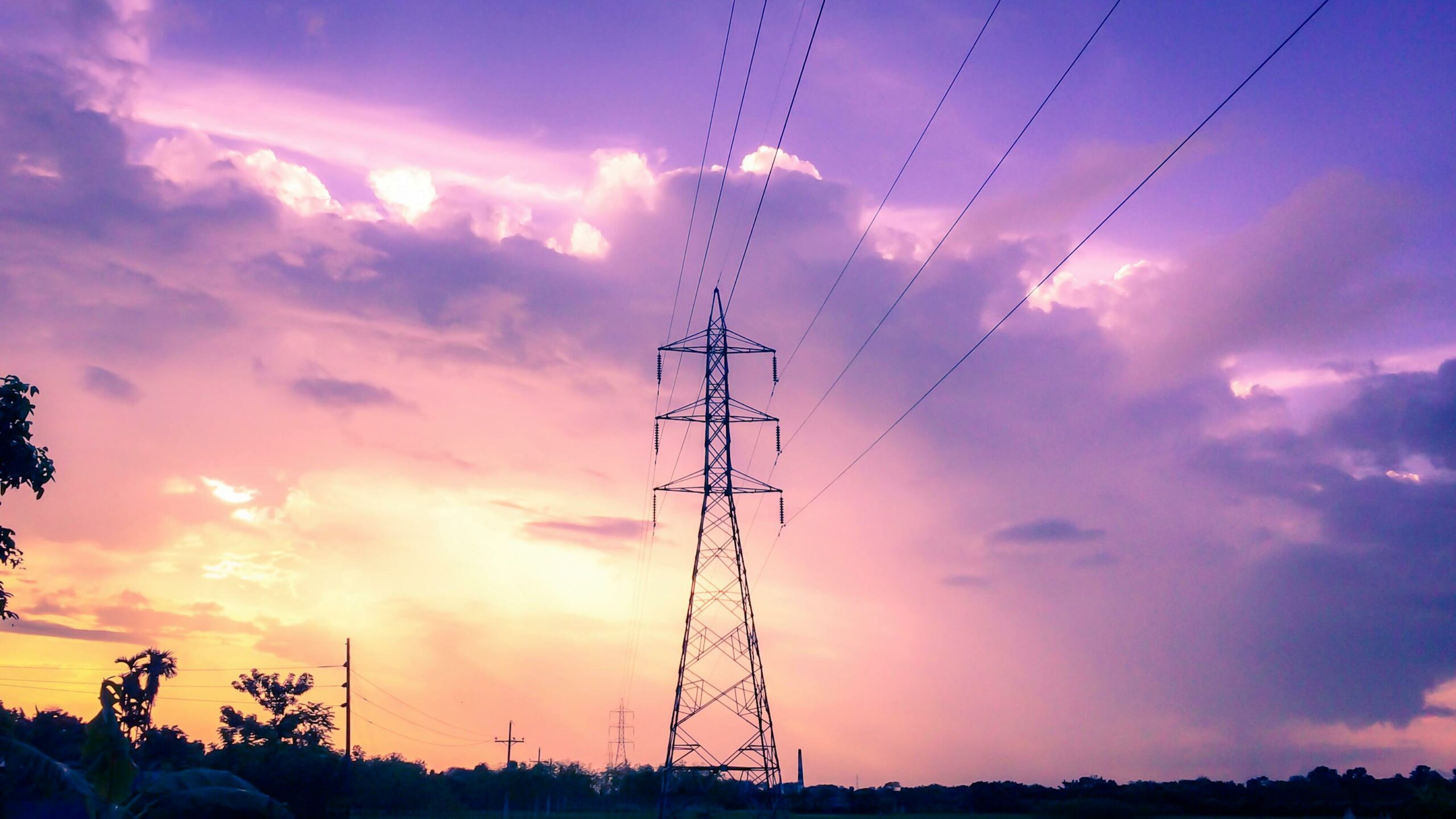Climate organization highlights dangers of unregulated solar geoengineering, calls for scientific research and transparency.
WASHINGTON, D.C. — The Chesapeake Climate Action Network (CCAN) strongly condemns any private entity that recklessly deploys solar geoengineering techniques in any form. A private company called Make Sunsets is trying to make money by releasing sulfur dioxide into the stratosphere via hot air balloons and selling so-called “cooling credits” for every ton of carbon dioxide they offset. (Spoiler: that’s not how offsetting works). CCAN sees this as a scam, designed to make a quick buck off of science that still requires much more extensive research before any decisions can be made about its potential deployment.
CCAN supports careful research on solar geoengineering to better understand this process and what role it could potentially play in temporarily reducing the worst effects of a warming planet while we continue the clean energy transition. We need government-funded and transparent research into the topic, and not unaccountable actions by private entities.
Quentin Scott, Federal Policy Director for the Chesapeake Climate Action Network (CCAN), issued the following statement:
“The existence of companies like Make Sunsets is precisely why CCAN supports public-funded research and opposes private money in both solar geoengineering testing and deployment. Research must be held to the highest bar, conducted with full transparency, and developed in a way that explicitly benefits the public good – not corporate profit margins.
“CCAN is speaking out in strong opposition to the work of this renegade firm because it is a dangerous distraction from the serious scientific research that needs to be done. However, the Environmental Protection Agency (EPA) opposition to Make Sunsets is hypocritical and factually inaccurate. EPA says that Make Sunsets may be adversely impacting air quality, but the truth is that the sulfur dioxide that this company releases is dispersed too high in the atmosphere to impact the air we breathe.
“Additionally, the EPA’s pretense of using the Clean Air Act to threaten Make Sunsets is absurd when the administration is repeatedly attacking that same landmark legislation in the courts, Congress, and public discourse. If the EPA truly stood for the principle of protecting pristine air for all Americans, they would enforce the Clean Air Act provisions that they are Congressionally mandated to enforce instead of making up new ones.”






